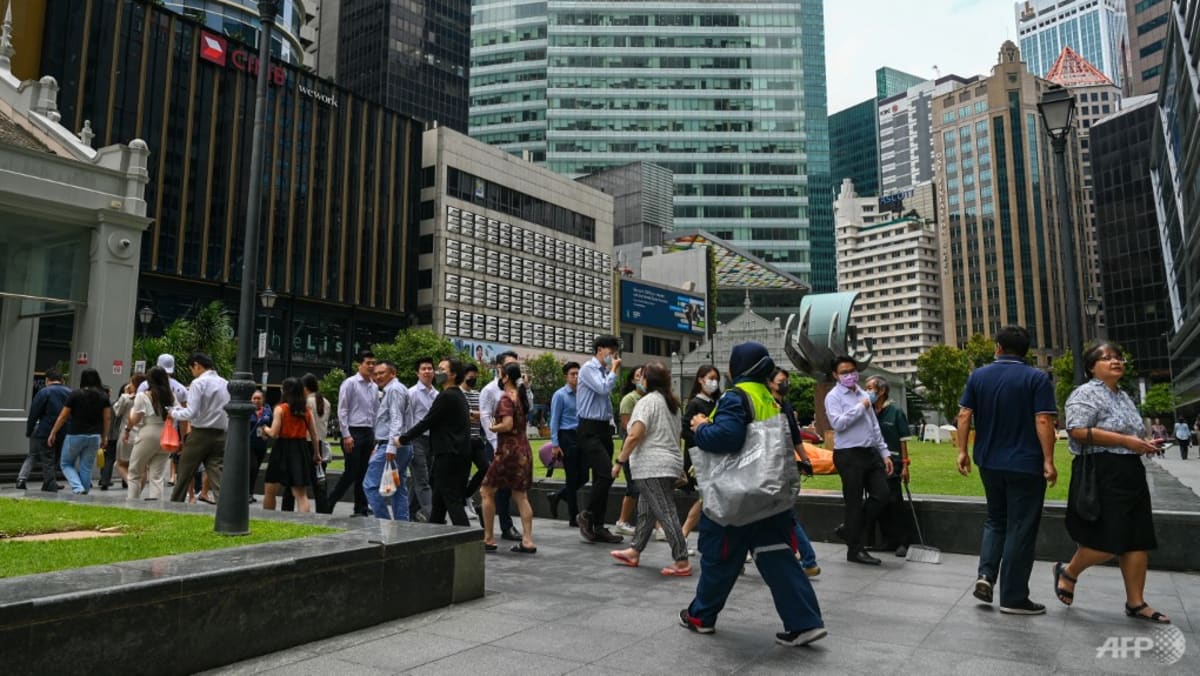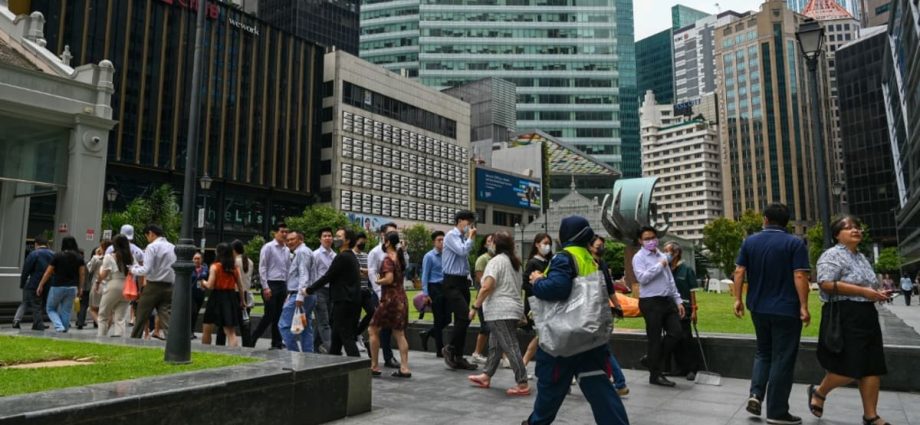
WHY IS THIS BEING DONE?
While the risks of reducing workers’ motivation to find work have been typically associated with unemployment support, such a system has its benefits too.
“It helps to relieve the stress and anxiety individuals face when they find themselves displaced involuntarily,” said Dr Seah from NUS.
This also comes at a time when economic cycles are becoming shorter and more unpredictable with heightened risks involved, such as geopolitics and rapid technological shifts, Mr Song said.
These have affected not just the older employees, but also younger ones as seen from the layoffs in the technology industry over the past year.
The large number of layoffs in the tech sector last year could have been the “turning point” in the government’s assessment of support for retrenched workers, Dr Seah said.
“Many people lost their jobs, not necessarily because of poor work performance but due to technological changes and restructuring which went beyond their control. So, this likely prompted a rethink of the need for a scheme to better support displaced workers.”
Unexpected events, such as the COVID-19 pandemic, also add to the need for an “extra layer of cushion”.
“Events like these are completely unpredictable and even though the economy, on average, continues to generate more jobs than can be filled, there can be periods, like the pandemic, when further assistance can be needed,” said Mr Song.
During the pandemic, schemes were rolled out such as the COVID-19 Recovery Grant which gave up to S$800 (US$580) a month in temporary assistance to Singaporeans whose jobs were hit by the pandemic.
“These schemes were fairly unprecedented in giving out broad income relief to people who are unemployed, but I think it also made us realise that our existing relief systems actually cannot cope with any sort of sudden uptick in unemployment,” said Assoc Prof Theseira.
Currently, there are existing assistance schemes for unemployed people, such as ComCare’s short-to-medium-term assistance scheme. But these are largely targeted at the low-income groups, meaning that many other displaced workers such as those from the middle class fall through the cracks, he added.
Noting that unemployment support would be important amid growing economic volatility, Assoc Prof Theseira noted that the key message is to encourage workers to “voluntarily displace themselves and take more risks and opportunities in response to market changes”.
“The current system encourages people implicitly to hang on till the end in declining industries and jobs as long as they think they can get retrenchment benefits or because they have no alternative,” he said.
“We need to encourage more active career management, job search, skills upgrading and so on. Having a safety net could help there.”

